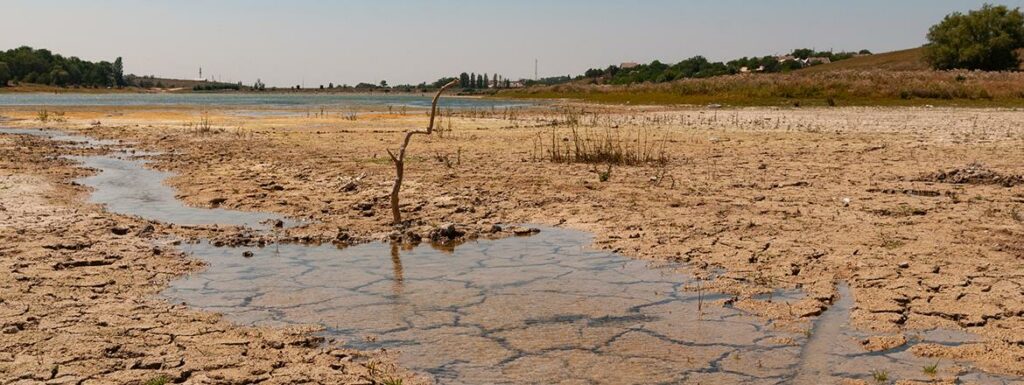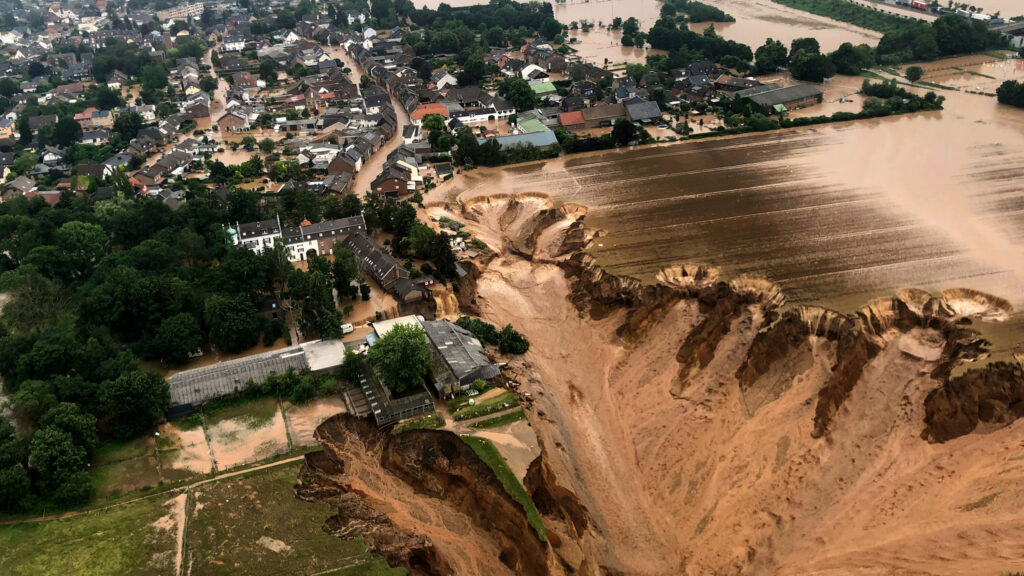Once more into the big IPCC report, where we keep looking in vain for the Code Red. Instead, we find things like Box 11.2, which is a rather calm and cool discussion of the fact that when it comes to the future rate of unlikely but damaging events, your guess is as good as theirs. Herewith, the IPCC in its own words, with only a few changes (e.g. (---) to denote lists of references and “...” to denote jumping over some details). “SREX (Chapter 3) assigned low confidence to low-probability high-impact (LLHI) events. … The low confidence does not by itself exclude the possibility of such events to occur, it is instead an indication of a poor state of knowledge. Such outcomes, while unlikely, could be associated with very high impacts, and are thus highly relevant from a risk perspective (---). Alternatively, high impacts can occur when different extremes occur at the same time or in short succession at the same location or in several regions with shared vulnerability (e.g. food-basket regions ---).
The difficulties in determining the likelihood of occurrence and time frame of potential tipping points and LLHI events persist. However, new literature has emerged on unanticipated and low-probability high-impact events more generally. There are events that are sufficiently rare that they have not been observed in meteorological records, but whose occurrence is nonetheless plausible within the current state of the climate system, see (---). The rare nature of such events and the limited availability of relevant data makes it difficult to estimate their occurrence probability and thus gives little evidence on whether to include such hypothetical events in planning decisions and risk assessments. The estimation of such potential surprises is often limited to events that have historical analogues (including before the instrumental records began, ---), albeit the magnitude of the event may differ. Additionally, there is also a limitation of available resources to exhaust all plausible trajectories of the climate system. As a result, there will still be events that cannot be anticipated. These events can be surprises to many in that the events have not been experienced, although their occurrence could be inferred by statistical means or physical modelling approaches (---). Another approach focusing on the estimation of low-probability events and of events whose likelihood of occurrence is unknown consists in using physical climate models to create a physically self-consistent storyline of plausible extreme events and assessing their impacts and driving factors in past (Section 11.2.3) or future conditions (11.2.4) (---)
… In summary, the future occurrence of LLHI events linked to climate extremes is generally associated with low confidence, but cannot be excluded, especially at global warming levels above 4°C. Compound events, including concurrent extremes, are a factor increasing the probability of LLHI events (high confidence). With increasing global warming some compound events with low likelihood in past and current climate will become more frequent, and there is a higher chance of historically unprecedented events and surprises (high confidence). However, even extreme events that do not have a particularly low probability in the present climate (at more than 1°C of global warming) can be perceived as surprises because of the pace of global warming (high confidence).



When it comes to the future rate of unlikely but damaging events my guess is that our best defense is to have the accumulated wealth to meet those events head-on. In other words, focus on things that really matter. Balance the budget and start running surpluses. And don't put all your eggs in one (electrically powered) basket.
What I find contradictory is the message of the first paragraph vs the second paragraph. The first paragraph paints a picture of uncertainty and lack of knowledge. The second paragraph paints a picture of medium to high likelihood of extreme events. It opens up the IPCC to how it extrapolates to a "high" confidence of LLHI events if the foundational knowledge is limited.
On the other hand, if the CDN regards the IPCC as authoritative and more balanced in it climate views then quoting these two passages together undermines the CDN's position.
Thanks for a well researched forum !!!!